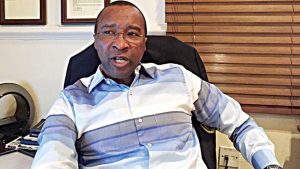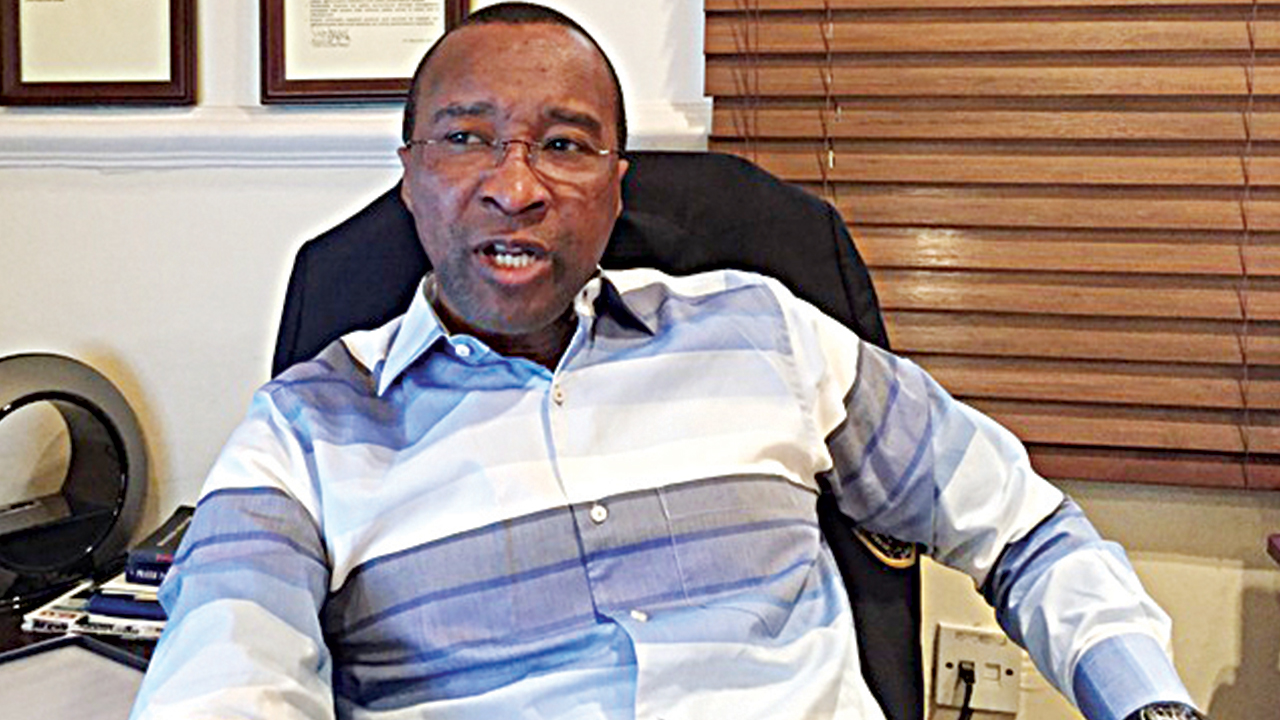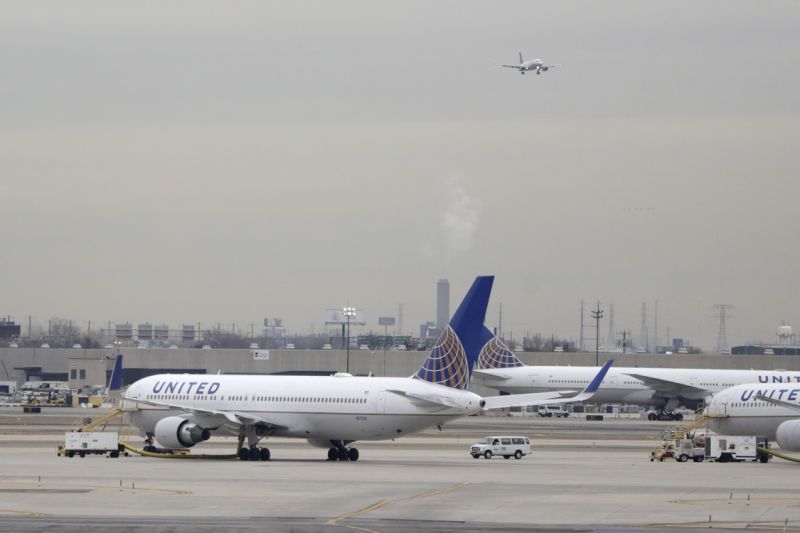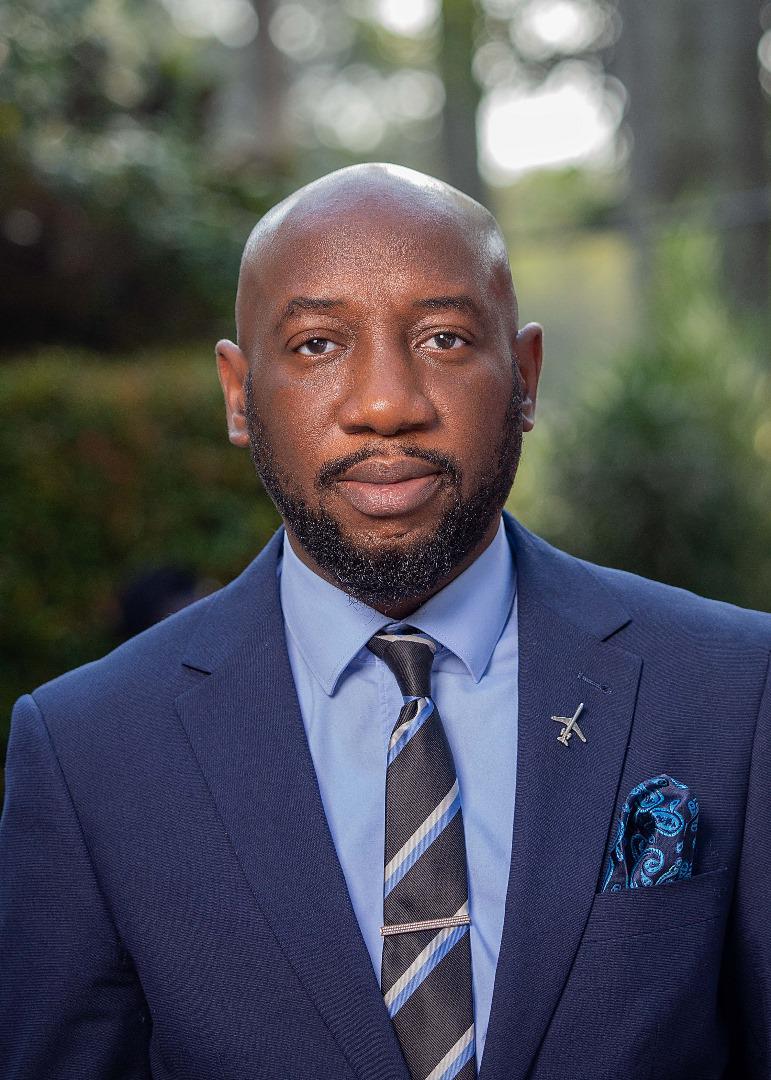
The President of Topbrass Aviation Limited, Captain Roland Iyayi, Trustee member of Airline Operators of Nigeria (AON), has joined other stakeholders in the industry to condemn the recent imposition of $300 landing fee on helicopters that provide shuttle services to oil and gas companies.
The fee is being collected by NAEBI Dynamic Concept Limited on behalf of the federal government in collaboration with the Nigerian Airspace Management Agency (NAMA), which gives start-up for the take-off of aircraft across all the airports in the country.
Captain Iyayi said before the new fee was introduced, the helicopter companies have been paying all their taxes in accordance to industry regulations, insisting the additional $300 landing fee is a burden on the operators that may undermine the industry, saying with the involvement of NAMA it ought to have legislative and regulatory approval.
“When this matter came up during Hadi’s time (former Minister of Aviation, Hadi Sirika), we shut it down because we felt already the industry is overtaxed.
“Introducing something like this, we felt, was even going to be inimical to the growth of the industry.
“Again, if you ask all these individuals who are justifying the collection, they always say to you that the money is going to government, but the money is leaving the aviation sector.
“In aviation, the money earned in aviation is meant to be used to develop aviation. But in Nigeria the money is used for other purposes and not ploughed back to develop the industry. With the new tax laws, the money earned will go to Nigerian Revenue Service (NRS) before it is now redistributed. Definitely things will get worse in the industry.
“What we found intriguing about the charges is that NAEBI Dynamic Concept Limited is not providing any service at all by way of infrastructure. However, they would leverage on NAMA’s infrastructure to be charging $300 per landing.
“Helicopter operators most of the time use platforms belonging to their clients (oil and gas companies). These are private terminals. So, how would you want a terminal operator or owner to be paying you for the use of his own facility?
“I don’t see how that is going to go down well with the oil and gas companies,” Iyayi noted.
He pointed out that the new tax was not thought through well because oil and gas companies have joint ventures with the federal government, represented by NNPC and in most of the ventures, government has about 60 per cent stake and with past experience.
“It is government that pays such charges, as the order of the payment from NAMA stated clearly that the landing charge will be paid by oil companies and not helicopter operators.
“So, if they go by that ultimately what it means is that government is just taxing itself. But ultimately where the downside is, is that you will now find a situation where some contracts will be cancelled, because they have a finite amount on an annual basis for their projects and they stick strictly to their budgets.
“If you introduce these taxes, it may result in some contracts being cancelled in order to stay within budget. So, it is the operators that will suffer it.
“I don’t think the whole thing is well thought through. And however, they look at it, whether the airline is paying or the oil companies are paying; ultimately it will kill the industry.
“So, for me it is not something we should even consider. We should be considering reducing the current number of taxes and ensuring the earnings are applied for the development of infrastructure commensurate to the growth of the industry,” Iyayi stated.
He also emphasised that NAMA cannot introduce any new charges without going to the National Assembly. And even if they have to, there was a concurrence by the regulator; “although we can assume that it is a given but then the regulator is required to necessarily review what is going on in the industry.”
“NAMA should do an assessment to see how that would impact on the industry before they start demanding for such payment.
“We condemn situations where you have all forms of charges and taxes introduced without the proper due diligence or necessary assessment to see the impact on the industry. So, there are so many things that don’t seem right,” he said.






